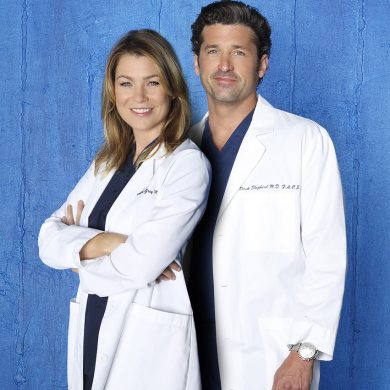By Edgar Villaruel | UTS Staff Writer | SQ Online (2013-14)
No seriously, what does DNA stand for? For the 4,800 UCSD undergraduate students majoring in biology, this might be a relatively easy question to answer.
But what about for those students that do not spend their days studying for biology? In fact, an anonymous non-biology majoring student described answering one of the questions as, “a smack in the face of how much biology [they] forgot.”
SQ recently went on a mission and asked several students who do not study biology some general biology questions.
[hr]
Q: What does DNA stand for?
A: Dialogical Neurotransmitter Amino Acid.
A: Data Neuron Antibody.
A: Deep Nerve Amino Acid
Real answer: DeoxyriboNucleic Acid
Q: What does RNA stand for?
A: Really New Amino Acid.
Real answer: Ribonucleic Acid
Q: What does mRNA stand for?
A: Mini Really New Amino Acid.
Real answer: messenger RiboNucleic Acid
Q: What does zRNA stand for?
A: Zoology Really New Amino Acid
Real answer: zRNA does not exist.
Q: What is the Golgi Apparatus?
A: “It has a lot of dots. It does a lot of cool things in the cell. It’s brown, isn’t it? Or Pink?”
Real answer: A complex of vesicles and folded membranes within the cytoplasm of most eukaryotic cells, involved in secretion and intracellular transport.
Q: How old is the Earth?
A: 2014 years… duh.
A: 100 trillion years old.
Real answer: Scientists estimate Earth to be around 4.54 billion years old.
Q: Based on its most common ancestor, what would the T. Rex taste like?
A: Alligator.
A: Cow.
A: Cardboard.
Real answer: Chicken! Chicken and the T.Rex share an evolutionary link.
Q: Explain the Krebs Cycle:
A: “I don’t know. Some type of mitosis with oxygen? Sprinkled with some atoms?”
A: “A Crab’s life cycle?”
Real answer: The Krebs Cycle is a big part of how living cells convert food into energy. It is a series of chemical reactions that generate a molecule called ATP (adenosine tri-phosphate), which almost all living things use to power themselves.
[hr]
All jokes aside, it’s quite interesting to see the way non-biology students answered the above questions. But, this disconnect goes hand-in-hand with any other subject of study.
For example, if an economics major were to ask a non-economics student to calculate the GDP of a product/service or if a psychology major were to ask a non-psychology student about the concept of Abraham Maslow’s hierarchy of needs, their answers would probably be just as amusing as the answers above.
The next time you have the chance, ask your friend who is not in the same major a general question about your field of study. Then try to answer one of their questions. You might get a kick out of it.
Whatever it is you study, however, just remember that the Kreb’s cycle is not a crab’s life cycle.

